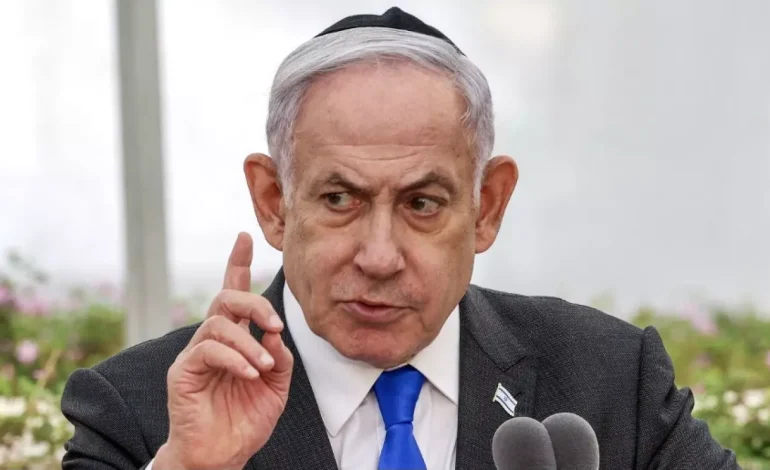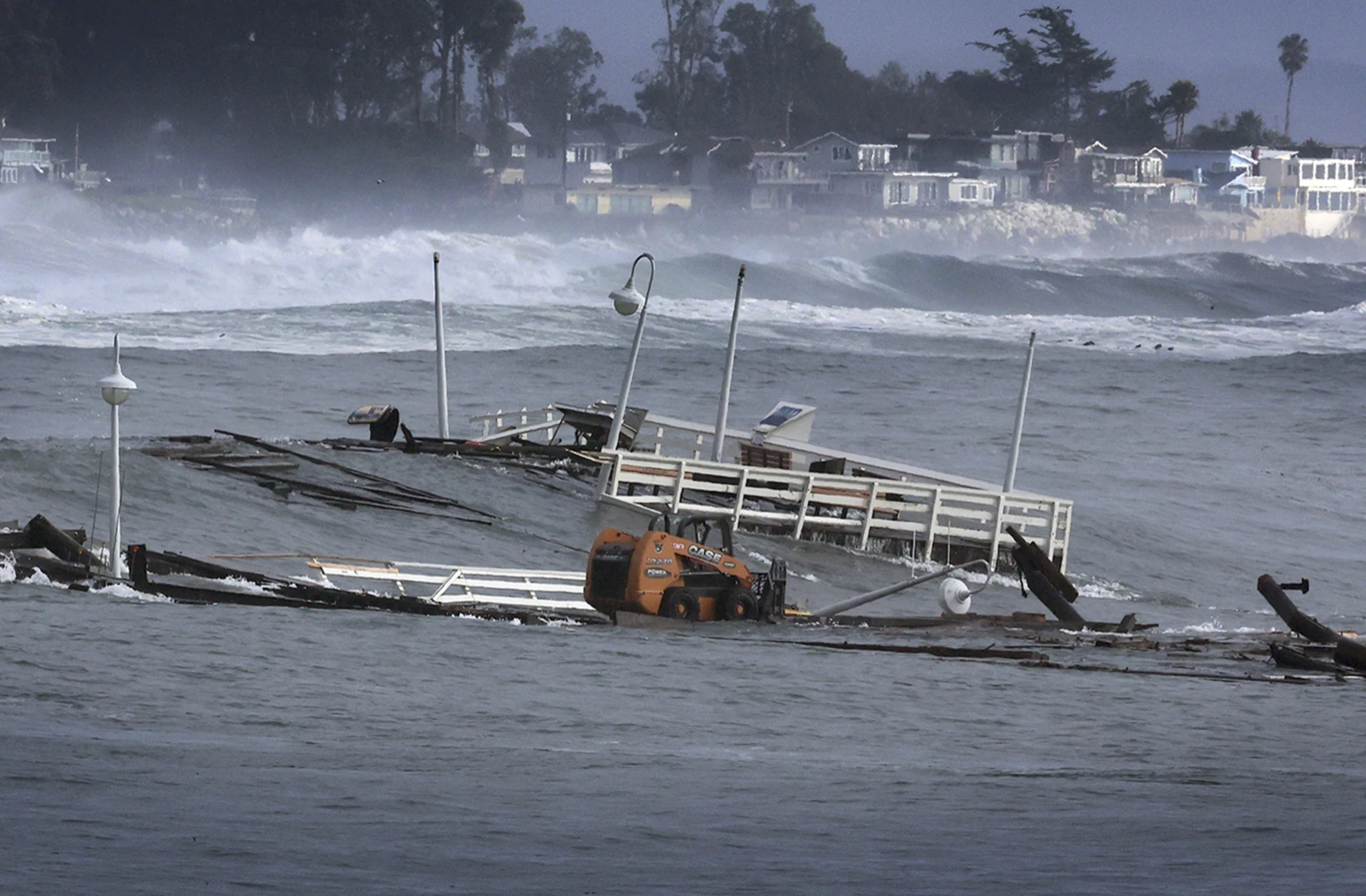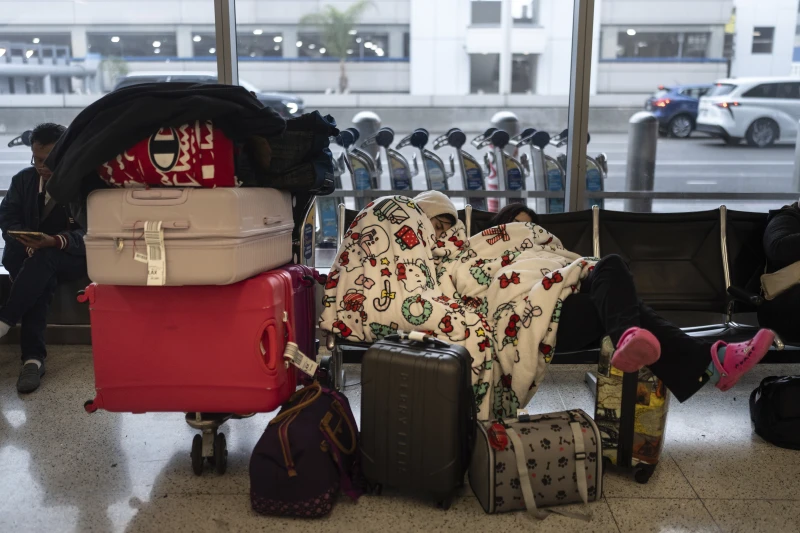US-Israel Defense Talks Postponed Amid Tensions Over Iran Response

A planned visit by Israeli Defense Minister Yoav Gallant to Washington, billed as a chance for the allies to craft a common strategy against Iran, has been postponed, Bloomberg reports.
The move comes amidst mounting tensions over Israel’s response to a recent ballistic missile barrage by Iran and disagreements over the potential for a wider conflict.
An Israeli official, speaking on condition of anonymity, attributed the postponement to last-minute objections from Prime Minister Benjamin Netanyahu. Gallant, who has clashed with Netanyahu over the conduct of the Gaza war and other fronts, was scheduled to meet with US Defense Secretary Lloyd Austin on Wednesday to discuss “ongoing Middle East security developments,” including Israel’s potential retaliation for the Iranian missile attack.
However, hours before Gallant’s departure, Netanyahu reportedly decided the defense minister would not travel unless the security cabinet first convened to agree on an Iran plan. The prime minister also wanted to speak to President Joe Biden first.
Biden has urged Israel not to attack Iran’s nuclear program or oil infrastructure, expressing concerns that such actions could trigger a wider conflict, escalate global energy prices, and harm the global economy.
A Pentagon spokesperson, Sabrina Singh, confirmed the postponement, stating that Austin and Gallant are “in touch pretty frequently so a call could always be scheduled later today or later this week.”
Netanyahu has condemned Iran’s missile attack, calling it a “big mistake,” but has also hinted at a significant retaliation. Amir Ohana, speaker of Israel’s parliament, told visiting European lawmakers that the response would be “significant.” Iran has warned it would respond to any Israeli action with a more powerful assault.
The standoff between Israel and Iran comes as fighting escalates on multiple fronts, a year after Hamas militants launched a deadly attack on southern Israel, triggering the ongoing war in Gaza. The IDF announced the deployment of a fourth army division into Lebanon following the start of a ground operation against Hezbollah, the most powerful of Tehran’s allied militias. Israeli jets have carried out heavy bombardments, targeting Beirut suburbs and other areas, and eliminating most of Hezbollah’s leaders.
Hezbollah’s deputy chief, Naim Qasem, has stated the group supports efforts to secure a ceasefire, but will not back down. The IDF reported that Hezbollah fired approximately 135 projectiles from Lebanon into Israel on Tuesday, including an attack on the third-largest city, Haifa.








